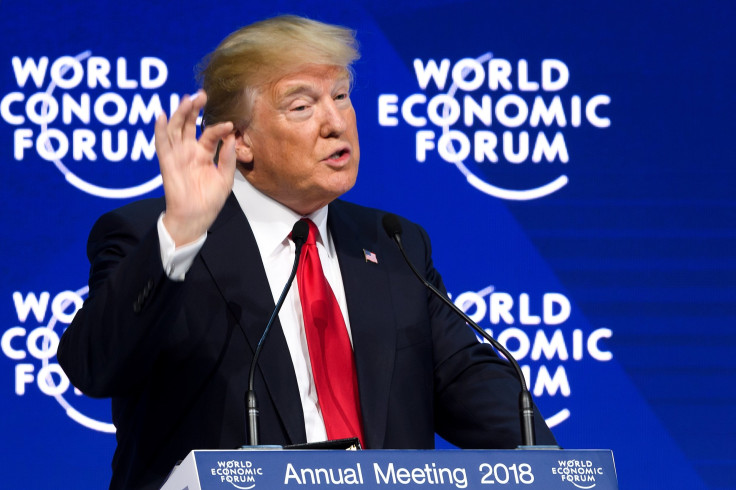Economists Predict US Recession By 2021, Tariffs To Reduce 2019 GDP

The U.S economy is heading towards a recession. This was confirmed in a survey by the National Association for Business Economics (NABE) where 75 percent of economists agreed a recession will hit the American economy in the next 3 years.
There is disagreement exists only on the timing as to when the recession will manifest.
Nearly 10 percent of economists saw recession happening this year, while 42 percent said the recession will strike in 2020, 25 percent saw it going to happen in 2021, the survey said.
“There is a schism between what the NABE panel and the markets think about the Fed's rate path and the shrinking of its balance sheet,” said Megan Greene, global chief economist at Manulife Asset Management, who led the survey.
For the survey, NABE took views of around 300 economists between January 30 and February 8.
Warning signal before fourth-quarter GDP data
The forecast has come a week before the release of fourth-quarter GDP figures.
A Bloomberg survey of economists has already noted a cooling of growth to 2.5 percent in the last months of 2018 in contrast to the 3.4 percent growth in the third quarter.
The data on 4th quarter GDP was delayed by the government shutdown in January. It will provide the hint whether the fast-paced GDP growth over the past one and half years will work or the slowdown is staring at the people.
Trump’s trade policies causing concern
The survey also reflected concerns over President Donald Trump’s trade policies.
Nearly 36 percent of respondents said existing tariffs would stay and pull down the 2019 gross domestic product (GDP) growth by 25 basis points.
A drag of 50 basis points in GDP has been foreseen seen by 26 percent economists, while 15 percent anticipated the injury to GDP will be extensive and go beyond 50 basis points.
Economists also warned that the tariffs would trigger inflation this year. Only a tiny 6 percent expected no harm from the tariff linked inflation.
Fed saw it coming
Worries had been growing on the U.S economy ever since the Federal Reserve decided to give up the monetary tightening that it started three years ago.
Fed Chairman Jerome Powell stated in January that the “central bank would be patient.” It was a road sign that Fed had seen what is in store.
It is a norm that when the interest rate hiking cycle is paused, somebody has confirmed that the bulb of recession is up and burning.
“The end of the Fed tightening cycle is more often than not, a prelude to the recession,” noted Albert Edwards strategist at Societe Generale.
© Copyright IBTimes 2024. All rights reserved.











